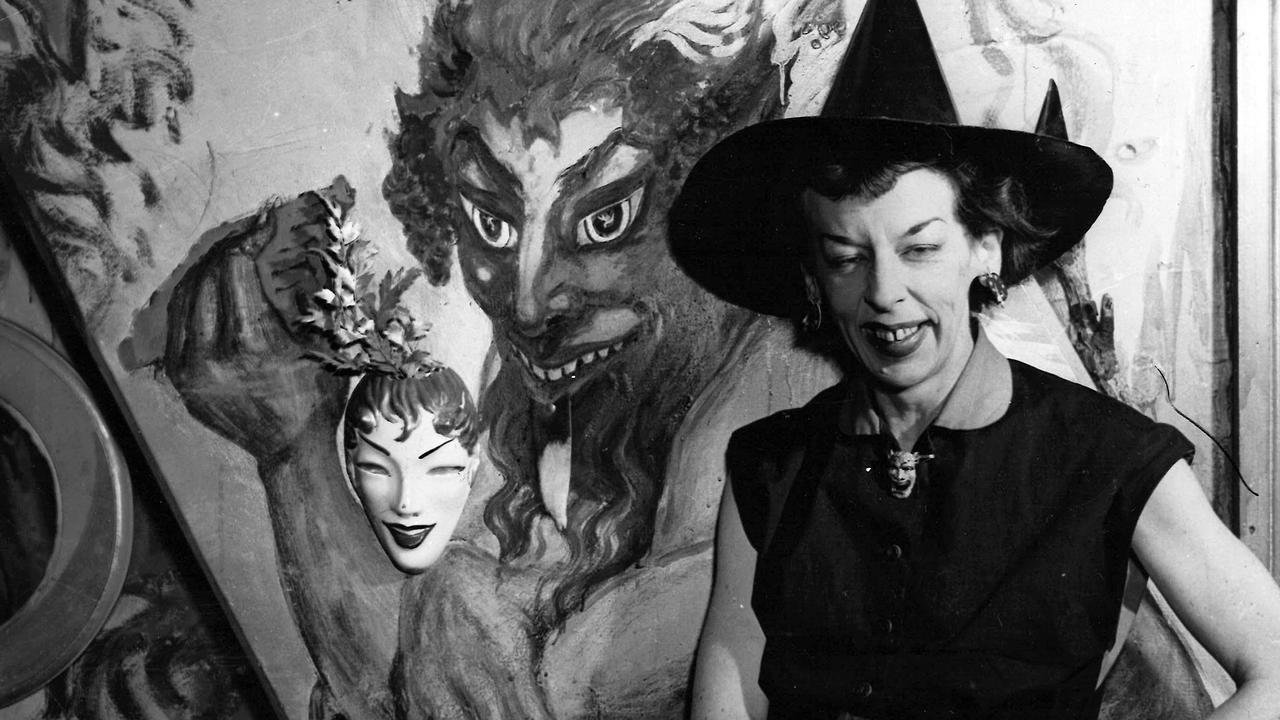The triumph to tragedy story of Aussie fighter pilot John Jackson
John Jackson was needlessly killed in what has been branded one of the most tragic stories in the 100-year history of the air force.
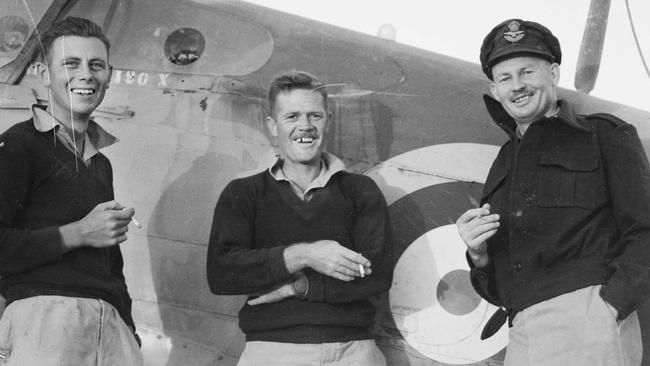
In Black and White
Don't miss out on the headlines from In Black and White. Followed categories will be added to My News.
After John Jackson trekked for two weeks over mountains to safety after his plane was shot down over New Guinea in 1942, he was welcomed back as a hero.
It was a moment of triumph against the odds for the Aussie fighter pilot ace and squadron leader, but the Hollywood ending was not to be.
Days later, Jackson was dead, in what author Michael Veitch calls “one of the most tragic stories of the entire 100-year history of the Royal Australian Air Force”.
The tale is the subject of the second instalment in a miniseries of the free In Black and White podcast on Australia’s forgotten characters:
Read Part 1 of John Jackson’s story here.
The story is told by Michael Veitch in his book 44 Days, the first in a three-part series that culminates with his latest book, The Battle of the Bismarck Sea.
Veitch says Jackson’s superiors demanded 75 Squadron’s Kittyhawks take on the Japanese more aggressively, one to one.
“It’s one of our darkest chapters … we were breaking up the Japanese formations, but we weren’t destroying them,” Veitch says.
“It was a ragtag kind of a battle, poorly led …. with machines that couldn’t take on the enemy fighters one to one. They just weren’t equipped for it.
“These blokes did their best, but it wasn’t enough for the Royal Australian Air Force command, who felt these hit-and-run tactics were cowardly.”
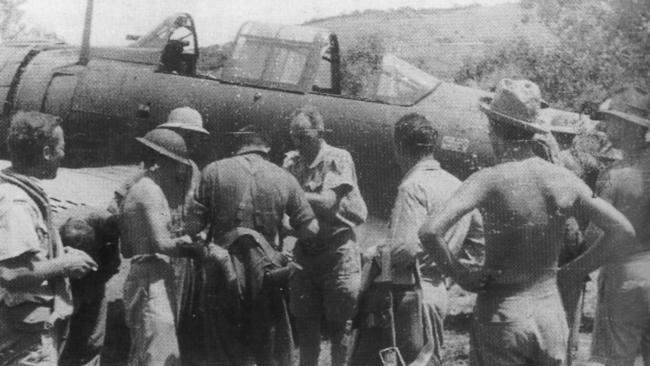
Jackson, a 34-year-old Queensland father of two, was summoned to a meeting in Port Moresby, and ordered to switch to more aggressive tactics.
When the revered leader ordered his pilots to take on the Japanese one-on-one, the men were aghast.
“They looked at each other and said, ‘But skipper, you told us we can’t do that.’ ‘I know, I know,’” Veitch says.
“And he uttered a sentence that’s gone down in history: ‘Well, tomorrow I’m going to go up and show you how to do it.’”
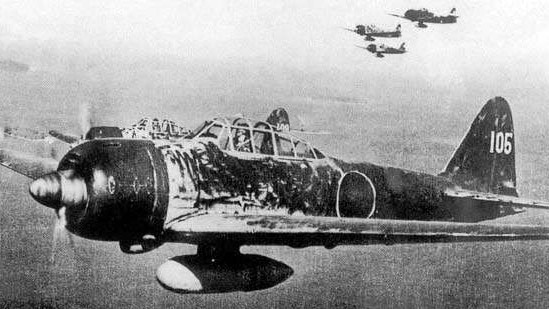
The next morning, Jackson took on the Japanese one to one as ordered, and was killed.
“The last thing people remember of John Jackson was him cursing,” Veitch says.
“He’d got onto the tail, as he was supposed to do, of a Japanese fighter, and the fighter had got around him, and (John was) cursing … not being able to turn the aircraft around tight enough to bring the aircraft within range.”
Jackson’s aircraft was then seen plummeting behind the hills of Port Moresby.
“So he expended his life proving that what he’d been ordered to do couldn’t be done,” Veitch says.
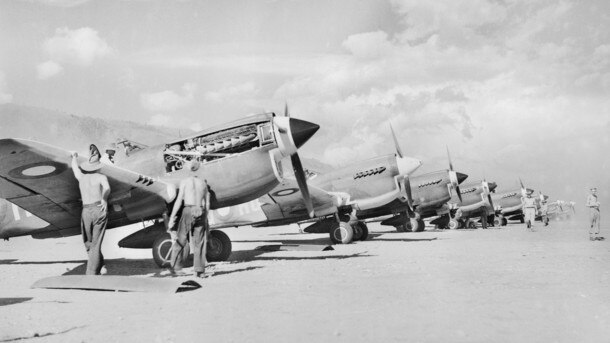
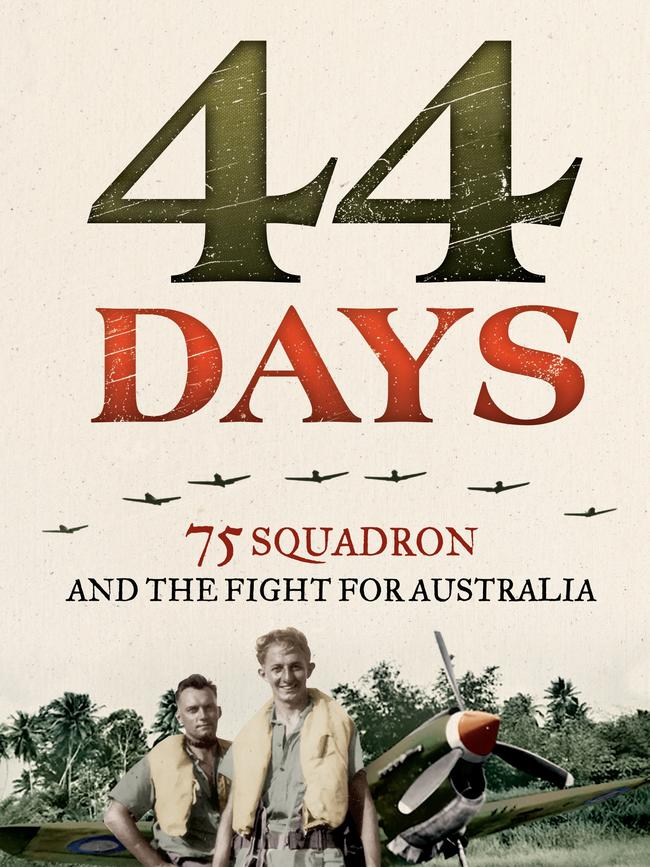
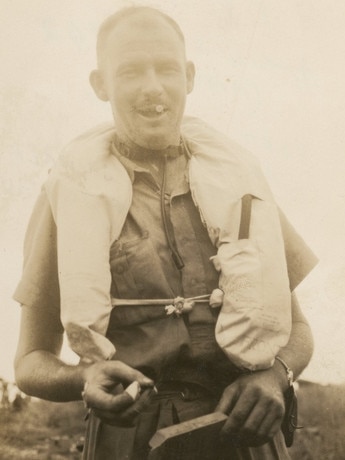
The smouldering aircraft was found, but all that was recovered of Jackson was his left foot, still in his flying boot.
Tragically, Veitch says Jackson was killed on the last day of the battle before 75 Squadron withdrew just as the Americans were arriving.
“He was a man that obeyed authority, even though he was a larrikin,” he says.
“He obeyed an order, sadly even if it was a stupid order. And he paid for it with his life.”
Listen to the interview about John Jackson with Michael Veitch in the In Black and White podcast on iTunes, Spotify or web.
See In Black & White in the Herald Sun newspaper Monday to Friday for more stories and photos from Victoria’s past.




